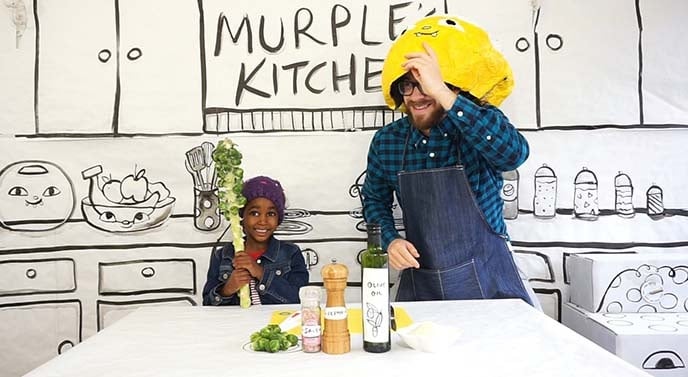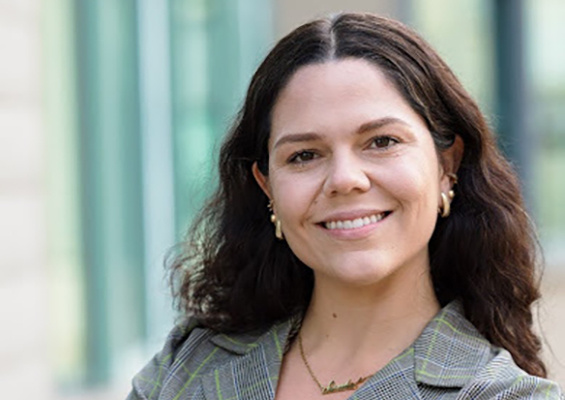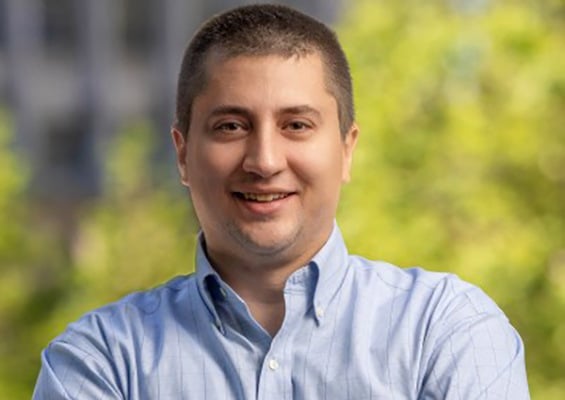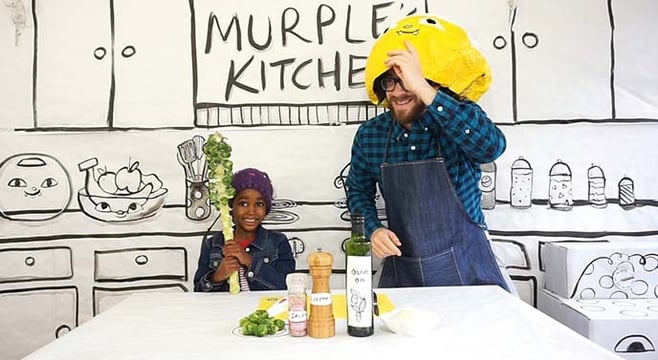
Above: Berkeley MBA startup Planet Murple aims to help kids each more vegetables
If you've ever considered enrolling in an MBA program, you may have pictured yourself getting promoted to a prominent new position at your current company or transferring to an innovative startup after graduation, but have you ever thought about launching your own venture?
One of the things that a lot of successful new startups have in common is that they are the product of MBA entrepreneurship, founded by students who didn't necessarily even plan on embarking on an entrepreneurial career—until they got to business school.
Berkeley Haas students, for example, often find themselves positioned to add entrepreneurship to future career options. They learn business and management fundamentals from one of the world’s leading schools for the study of entrepreneurship. They gain strength and inspiration from the network and support system available through Berkeley MBA programs. And they begin to realize that they don't have to wait for other people to start the perfect business--they can start it themselves.
Here are some students who did:
Solving real-world problems
 As a student in the evening and weekend MBA program, Shuai Jiang found himself faced with a real-world problem: the hassle that comes along with the home delivery of online purchases. He began thinking about ways to receive, track, return, and manage packages.
As a student in the evening and weekend MBA program, Shuai Jiang found himself faced with a real-world problem: the hassle that comes along with the home delivery of online purchases. He began thinking about ways to receive, track, return, and manage packages.
Shuai combined his ideas with what he learned through the MBA curriculum, enlisted the help of fellow students, founded Enchantin Inc., and created the uCella smart mailbox.
This wirelessly connected wall-mounted container secures packages, and using an app, makes managing, tracking, and returning packages easier. "A lot of classes I took really opened my eyes," says Shuai. "To be honest, I don’t really think I’d have launched my own startup if I wasn't in the Berkeley MBA Program." >>More
Using acquired knowledge
Students in the Berkeley executive MBA program also acquire invaluable startup knowledge from the curriculum and experiential opportunities.
Stewart Wells, for example, used what he learned in his EMBA classes to launch California Artesian, a company that sells artesian water, sourced from a 7,000-foot elevation in the Sierra Nevada, to markets in California and Asia.
"Three instrumental classes were Finance, which allowed me to change my business model and estimate cash flow; Marketing, which gave me incredible insight into consumer preferences; and Strategy, where I assessed and dissected the competition," says Stewart.
Additional opportunities, such as the EMBA program's Silicon Valley Immersion Week, which combines visits to companies like Google, Facebook, and Airbnb with face-to-face interactions with company founders, also provided pivotal experiences for Stewart.
"The founders were very candid, sharing stories about how they put their money on the line,” says Stewart. "Sometimes they're failing and trying again, sometimes succeeding. It was a priceless experience." >>More
Meeting your co-founder
When Emily Yao arrived at Haas to study in the full-time MBA program, she set her sights on solving an age-old problem: getting children to eat their vegetables. She combined expertise in human behavior, a passion for art, and her new-found business skills to launch Planet Murple.
A former behavioral/cultural change strategist for IBM, Emily met her co-founder, former elementary school teacher Dave Resnick, in Eat. Think. Design., an interdisciplinary innovation course for UC Berkeley graduate students who want to improve the food system.
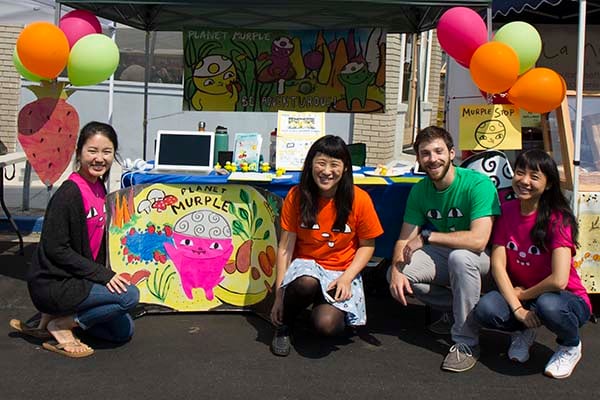
Planet Murple co-founders Emily Yao (r) and Dave Resnick (second from right)
“Over 90 percent of kids don’t eat the recommended amount of vegetables," says Emily. The solution? A creative app using colorful stop-motion videos (pictured above) and interactive recipes to encourage children to prepare and eat nutritious food.
Planet Murple quickly raised nearly $9,000 through Indiegogo, received additional support from the Berkeley-Haas Dean’s Startup Seed Fund, and was a regional finalist in the 2016 Global Social Venture Competition.
In addition to meeting her co-founder at UC Berkeley, Emily drew inspiration and support from the Berkeley-Haas Innovation Design (ID) Club, which she helped lead as co-president, and from the Social Lean Launchpad course. Says Emily, “This was an amazing community of teachers, mentors, and fellow social entrepreneurs.” >>More
Is MBA entrepreneurship in your future? Download the free ebook Five Signs You're Ready for an MBA to find out if the time is now.





